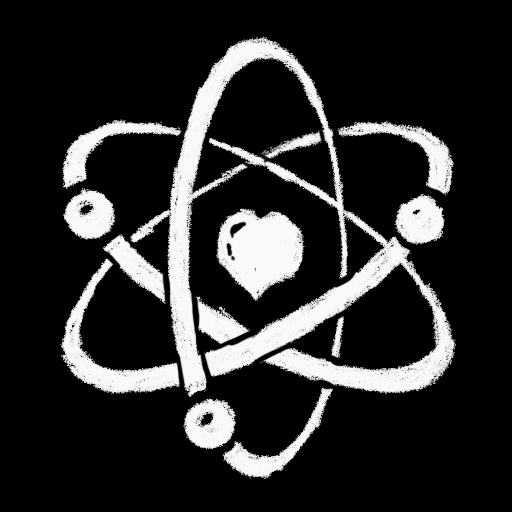
From God's Angle
I never had a proper appreciation for prose poetry. I always felt that if one felt compelled to write in that mode, that writing prose would serve them better. A novel, for example. It wasn’t until Robert Hilles’s Advanced Poetry Workshop in the spring of 2023 that I took a close look at the format. I realized that I had written many prose poems over the past ten years, most notably the ones disguised as “flash fiction” for a one-a-day writing project I undertook in 2014-15. I had still never read a collection of prose poetry by another author until From God’s Angle.
This book is fascinating to me because it has me questioning the nature of poetry and even literature itself. The division into three distinct parts, with the first part a skillful interleaving of vignettes from the Chernobyl catastrophe and A Piece of Rag-Wrapped Gold, builds a strong narrative backed up with poetic insight. It is clear to me that these stories come from the poet’s lived experience. They come drifting off the page with a visceral sincerity that I don’t often come across in my regular reading.
The first part opens by thrusting the reader into the role of explorer and maintains that perspective through all the parts of the Chernobyl passages. I find this very effective, especially as I tend to write some of my best straight prose in first person. It’s useful for immersing the reader in the narrative. I rarely do this with my poetry, though. I leave it ambiguous or write from my own perspective. One thing that reading From God’s Angle has shown me is that I may benefit from drafting some poetry in this first-person point of view.
Many of the Chernobyl passages read as historical archives or records. I like this style as well, as there is a certain authority imparted by piecing together a story through official reports. I’ve often done this with diary entries and fictional news articles in my prose, but again have yet to attempt this in my poems. Another note for future work.
I think that Hilles’s made an excellent choice to present the Rag-Wrapped poems in first-person perspective and intersperse them throughout the Chernobyl poems. It creates an oscillating narrative between the horror of nuclear catastrophe and moments of love. These moments are like a lighthouse beam sweeping over a dark ocean and help to remind the reader that there is refuge out there from the storm.
The last two parts, Atomic Age and The Wedding at Pripyat, close out the collection with the aplomb. The line, “Love is what the particles drive into us,” from The Atomic Age II, stood out to me, and felt like the climax of the whole collection. I think that this too is where prose poetry crosses traditional bounds: there are stories told here, and as such there are structures and flows that transcend the typical lines and stanzas of what most would consider a “poem”. In that, there is room for more, and this must be a strength of the form.
The last line of the book, “Time can produce music, but mostly it doesn’t make a sound,” inspired one of my poems for this semester, Quantum.
2023.12.07